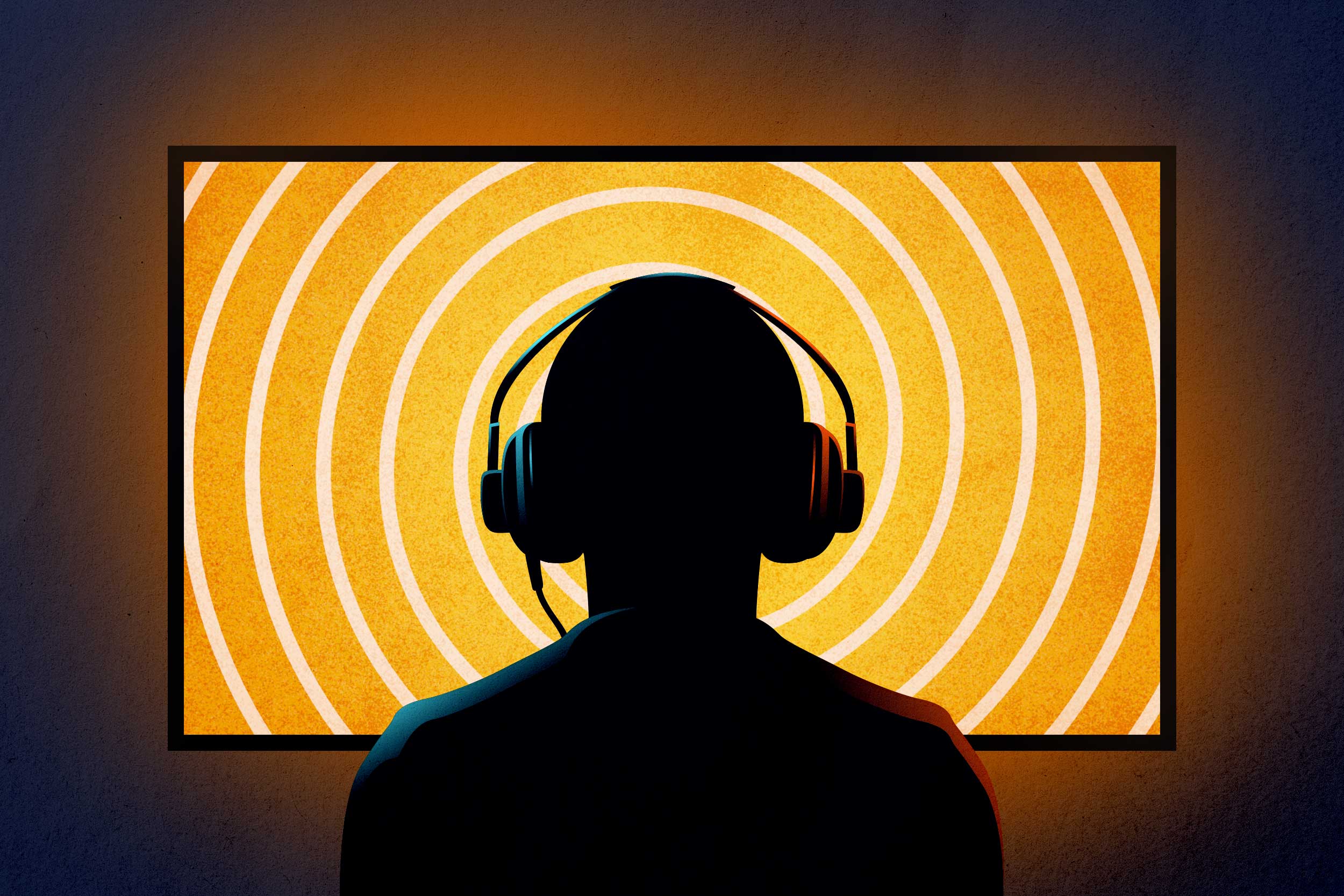(Spoiler alert: This story contains plot details for “Adolescence.”)
Recognizing Red Flags in Teens: UVA Expert Reacts to Netflix’s ‘Adolescence’
“Adolescence,” the four-part limited series on Netflix, has been breaking viewership records.
The show centers on Jamie, a 13-year-old boy who, after being bullied online and drawn into the digital culture of “incels” – short for “involuntarily celibate” – murders his classmate, Katie.
The term incels describes males who blame females for their lack of romantic success and heap hatred – and in extreme situations – violence upon them.
The Netflix show has heightened parents’ concerns about smartphones, online toxic masculinity and identifying emotional struggles in their adolescents, particularly boys.
University of Virginia psychology professor Joseph Allen understands why parents are concerned they may miss warning signs of trouble. The show, he said, “shows that adolescents can be suffering to a huge degree and have reasonably thoughtful, loving parents who just don’t know about it.”

Joseph Allen is the Hugh Kelly Professor of Psychology, whose research has been highlighted in the New York Times and Slate magazine. (University Communications photo)
More Listening and Less Talking
It’s tricky, Allen said, because young people are at a stage in life where they are trying to handle things on their own and be independent. “That especially applies to their peer relationships,” he said.
“What parents need to do is listen way more than they talk,” he said. “If they listen with curiosity and without judging and just help the adolescent see the relationship with the parent as one in which they can be honest and open, and they won’t end up feeling stupid or judged, they’re more likely to talk. They’re more likely to share things that are important to them.”
Parents should make an effort to listen at times that are convenient for their teens. “It’s not a matter of sitting down after dinner and saying, ‘Let’s have a talk,’” Allen said. “It’s more when your teen wanders in at 10:15 at night to your bedroom as you’re about to go to sleep and says ‘Oh, school sucked today.’ That’s when they’re willing to talk, and that’s when you need to listen.”
Warning Signs of Trouble and Incel Culture
“This young man,” Allen said of the character Jamie, “had terrible self-esteem. He really saw himself as ugly and a total loser.”
If parents are wondering what to watch out for, that’s a red flag. “If your teen doesn’t just question whether they’re attractive or doesn’t just sometimes think they are ugly, but (it) just really feels consistently like they are ugly and no good and they’ll never have friends and never have romantic relationships, that’s a warning sign for sure.”
Allen said he is not an expert in the incel world. “But what I do know that’s relevant is over the past 20 or 30 years, young males have been doing relatively worse relative to females,” he said.
Allen said males are significantly less likely to go to college. “For every hundred females that graduate from college, only 75 males do,” he said. “In terms of educational outcomes and career outcomes, there are a lot of males, especially in the less-educated groups, who are really suffering. And I think that’s at least part of the reason for an incel culture.”
How Can Parents Address Toxic Masculinity?
Parents – especially fathers, Allen stressed – should model good behavior.
The father in “Adolescence,” even though he was a “good guy” most of the time, had “significant issues with anger control,” Allen said.
“To the extent we take the show as literal, that undoubtedly was a key ingredient in what took this kid (in the show) from just being really distressed to being able to actually act out in a violent way,” the teen psychologist noted. It’s important, he said, for dads to show adult males can be caring, vulnerable, sad and express emotion.
Because, Allen said, while teens may not do a lot of talking, they are always watching how their guardians behave.
Media Contacts
University News Senior Associate Office of University Communications
jak4g@virginia.edu (434) 243-9935










